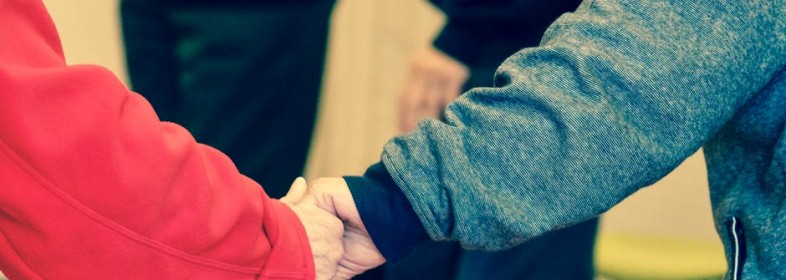
Pordenone, 1 October 2017.
Italy and Slovenia work together to face the challenges related to the aging phenomenon in the cross-border area. The CrossCare project will foresee the experimentation of domestic technologies as well as new systems of elderly care. It also planned to create local service points to facilitate the connection between families, care givers and territorial facilities.
CrossCare is led by the social cooperative Itaca and will be implemented in Trieste, Sacile and Portogruaro (Italy), Capodistria and Ljubljana (Slovenia). The partnership includes the public agency for services to the person ITIS Trieste, in charge of the study and realization of personalized elderly care services, the Residence for Seniors Giuseppe Francescon, that will deal with the assistance of self-sufficient elderly people, the Coastal Residence for Seniors in Capodistria, which will promote the strengthening of governance at cross-border level, the DEOS company, which counts seven services centres located on the territory, the Social Protection Institute of the Republic of Slovenia IRSSV, which will be responsible for the evaluation of public policies.
CrossCare intends to support the elderly as well as their caregivers who often have difficulties in finding the relevant supporting information. Indeed, those information does not provide a comprehensive map of all the services on the territory. From this perspective, CrossCare aims at strengthening institutional cooperation capacity of public and third sector operators, by developing integrated elderly care services. Indeed, it is important to encourage the creation of new models which gives the elderly the possibility to continue living in their own surroundings and prevent the institutionalisation process in nursing homes.
Among the activities foreseen by the project, another element of innovation is the creation of the “care manager”. Care manager will be the new professional manager who will act as a link between families and nursing homes in order to overcome standardized answers and provide personalized support. The creation of this figure will be supported by the organization of dedicated training courses.